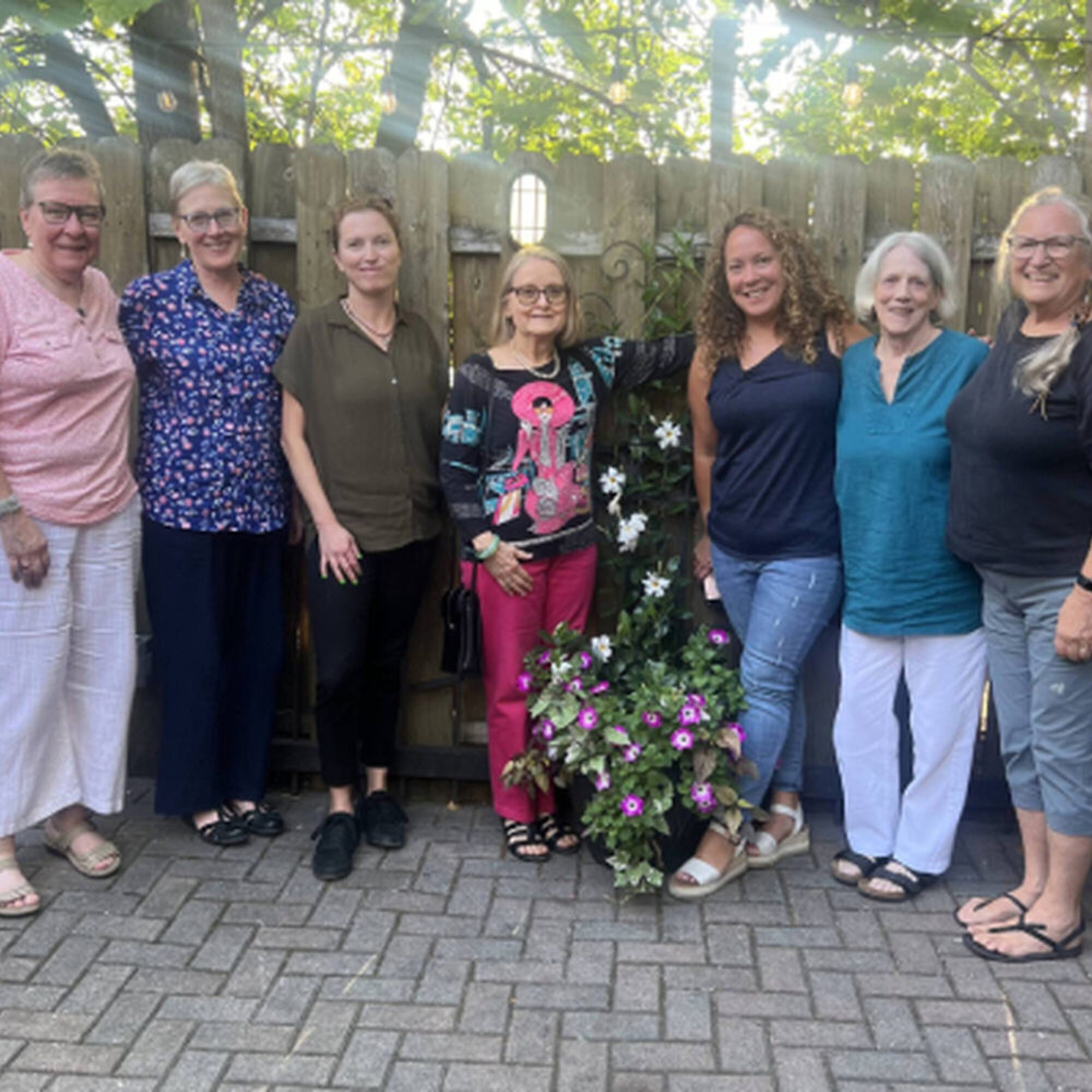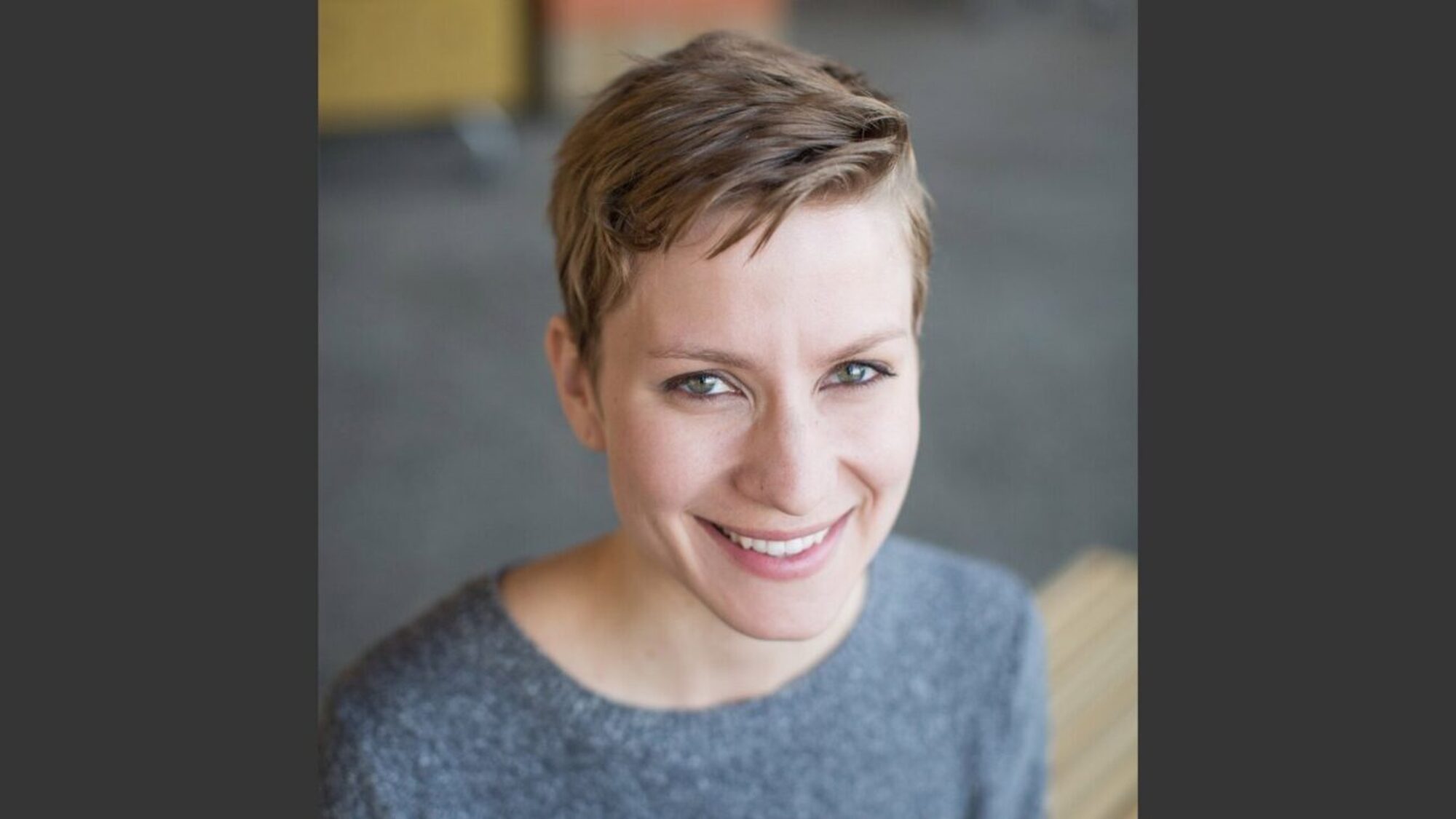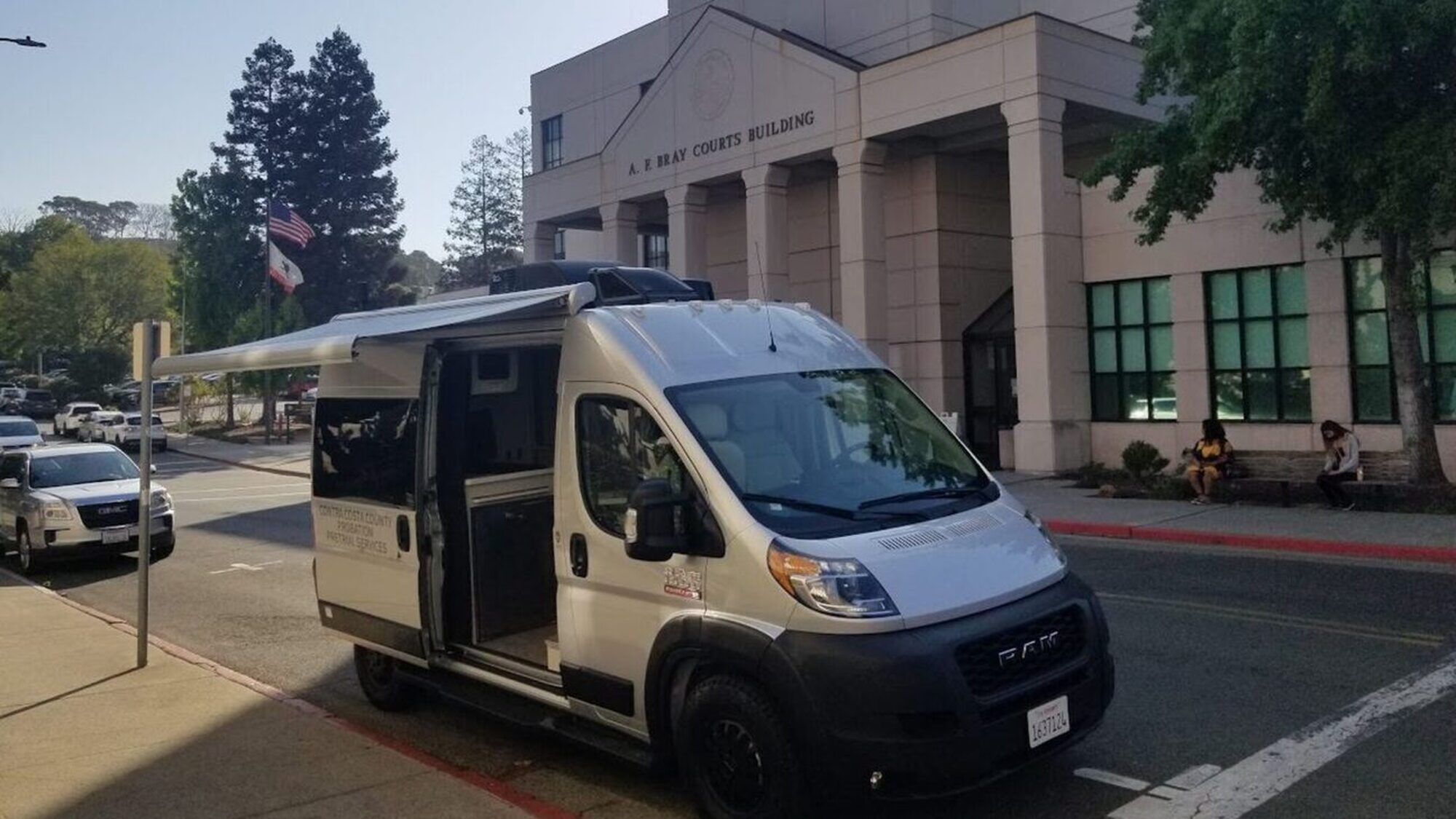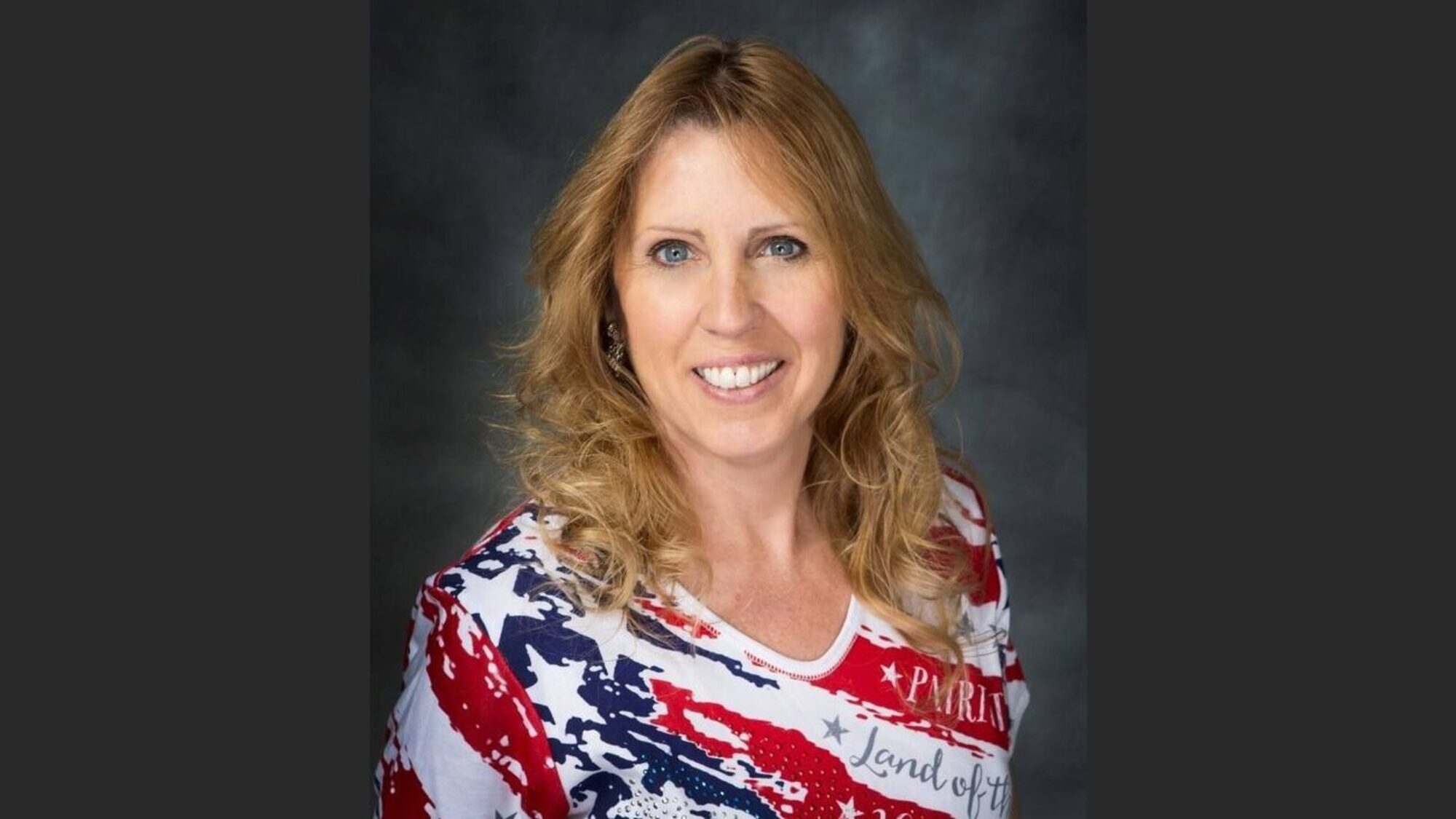In November 2024, the newly launched Pretrial Support Team, a community-led program operated through the Universalist Unitarian Congregation of Cleveland (UUCC), came to the aid of its first client, an elderly woman under court supervision. The client had been unable to meet her court obligations. Poverty and mental health conditions prevented her from making court appointments, and it seemed unlikely that she could manage the situation on her own.
Pat Dillard, founder of the initiative, sprang into action with the help of the team’s “navigators,” all of whom are community volunteers. She contacted the woman, built a rapport with her, and provided the transportation needed to get her to court. She also worked on addressing the multiple life problems affecting the woman, including the loss of her Medicaid coverage and Social Security income and her inability to maintain the home she owned.
“Oftentimes, it’s not really a person’s fault that they don’t follow the court’s orders, because their lives are so disorganized, and they have so many issues,” Dillard said. “If you don’t have food, for example, you’ll tend to forget a court hearing. It’s easy to do.”
There can be serious consequences when a person fails to follow court orders. The court may issue a warrant for their arrest, suspend their driver’s license, fine them, or jail them, drawing them further into the criminal legal system. In 2023 alone, Ohio’s Cuyahoga County courts issued bench warrants to over 3,500 people for failure to appear and other infractions.
The Pretrial Support Team was developed by a steering committee of four women: Dillard, Susan Harlow, Nancy Middaugh, and Louise Mosher. The project’s goal is to help their clients attend court and avoid jail—and to put them on the path to a better life. “We’re trying to show that, with support, people will follow the rules and come back to court when they’re supposed to,” Dillard said. “And if we can get them on the right track for them to succeed in life, it’s going to look better to the judge.”
Birth of a New Pretrial Support System
Dillard has a professional background in social work, and has volunteered with local nonprofit organizations on pretrial issues. With assistance from the Advancing Pretrial Policy and Research (APPR) initiative, she won a two-year, $105,000 grant from the UUCC’s Sue McKimm Fund for Congregational Advancement to launch the Pretrial Support Team. The grant provides funding for a project manager and some services.
The team helps coordinate services from across the local community to meet the innumerable small needs of their primarily low-income client population.
“Cuyahoga County and the city of Cleveland both have a pretrial program, but they can’t always get at the needs in the way that this group is getting at them,” said Jessica Ireland, a senior manager at the Center for Effective Public Policy, which manages APPR. Transportation problems or a lack of child care, for example, can make it impossible for clients to access resources for crucial services like employment or housing. “Those are some major gaps that they are trying to fill.”
APPR provided training to help get the Pretrial Support Team started. “I came in and did an overview on what it’s like working with people in the pretrial space,” said Ireland. “That can feel different for people who haven’t done that before.” Additionally, APPR provided a data tracking form so that the team can measure the outcomes of its work.
The Pretrial Support Team works in partnership with the Cuyahoga County Public Defender, which provides referrals. Benjemin Miller, a social worker with the public defender, said that his office makes recommendations to the court to link clients with community services like mental health counseling, drug treatment, and a homeless shelter. But many people charged with crimes face barriers when trying to access these services, and they need a level of personalized assistance that neither the defender’s office nor local government agencies can provide.
Miller explained that people experiencing homelessness often don’t have a phone with which to call a shelter or service provider. Or they might lack the photo identification needed to access health insurance, food stamps, and other government resources. In those cases, Miller refers clients to the Pretrial Support Team.
“We don’t have the ability to go with every single client to do those things side-by-side with them, and these are barriers to the recommendations we make to the court,” Miller said. “That’s where the Pretrial Support Team comes into play.”

An Impressive Start
Pretrial Support Team navigators work one-on-one with anyone who has secured pretrial release. “Nothing beats having a person there, applying with you,” Miller added. “Clients are getting to know the volunteer, trusting them with their financial information and personal problems, and navigating difficult social services.”
By the end of 2024, the public defender had referred ten clients to the team. “I was incredibly impressed with our first round of referrals,” Miller said.
A team member makes phone contact with a client shortly after each referral. By working closely with local community organizations, they are able to provide a wide range of resources. They help people meet court requirements, sometimes providing a volunteer driver, a taxi, or a bus pass to help clients get to hearings and appointments. The team also assists people with navigating bureaucracy and paperwork to meet their most vital needs, like transitional housing, medical care, or employment training, as well as what Dillard calls “intangibles,” such as assistance clearing old warrants, gaining state identification, or accessing phone and internet service.
“We’re trying to knit together the resources of the community for this purpose,” Dillard said. Of the first cohort of clients, she explained, some have already resolved their cases without spending time in jail.
Many people charged with crimes face barriers when trying to access these services, and they need a level of personalized assistance that neither the defender’s office nor local government agencies can provide.
A New Year of Pretrial Support
In the short term, Dillard wants to expand the Pretrial Support Team’s caseload. The public defender’s office is introducing the team to more attorneys and making referrals part of the office culture. In 2025, she hopes to partner with court-appointed private attorneys in order to reach a new cohort of clients.
In the long term, the project intends to demonstrate its value to county officials. “In a perfect world, the Pretrial Support Team would like to put itself out of business, meaning that they demonstrate to the county that this is really working, and then it’s something that the county takes on,” Ireland said.
Dillard said that her team is collecting data with that plan in mind—to prove, at the end of the grant, that local government wins when it institutionalizes intensive and supportive pretrial services focused on people’s success. “We’ve been successful so far with all our clients in meeting what we intended to do,” she said. “Our goal is to show that this is a worthwhile program. It will not only keep people out of jail and save the county money, but it’s the right thing to do.”
Author Bio
Michael Friedrich is a journalist living in Brooklyn, New York, who writes about public policy.




